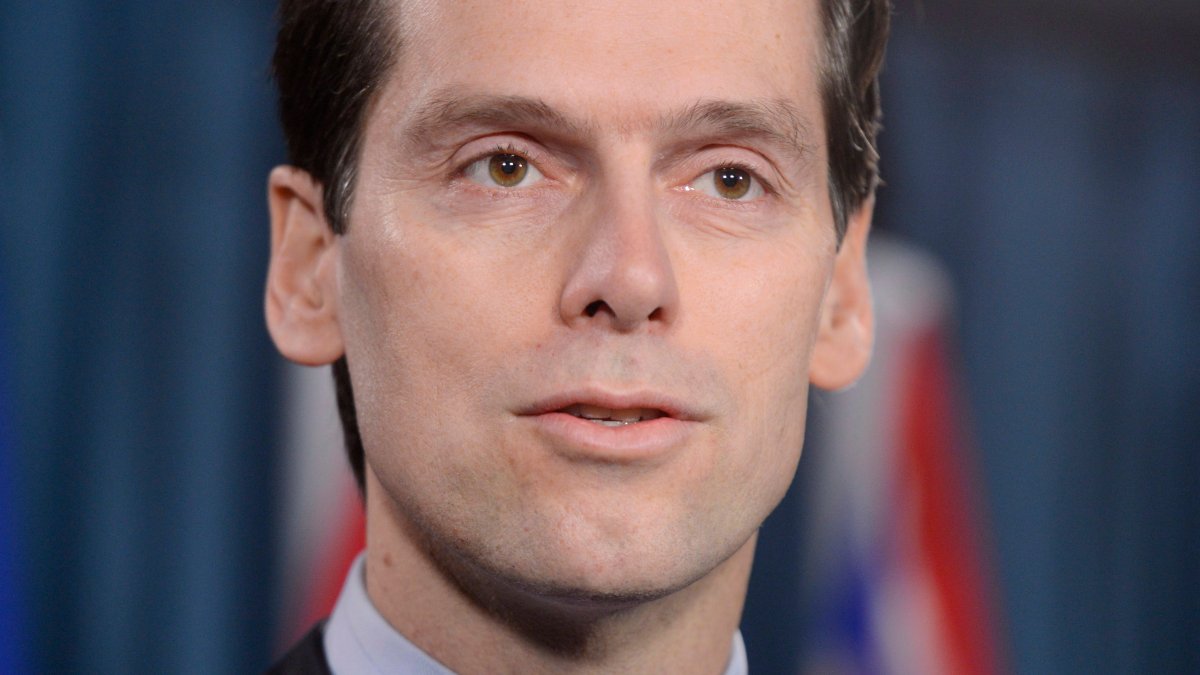OTTAWA – Another Conservative caucus meeting is expected to be dominated Wednesday by the divisive subject of an MP’s freedom to speak in Parliament without being silenced by the party leader.

There is every sign that a number of Conservative MPs refuse to allow the issue to subside three weeks after MPs vented in front of Prime Minister Stephen Harper about their right to speak their minds in the Commons.
Harper will not be in the room to quell any caucus disturbance. He is in London for the funeral of former British Prime Minister Margaret Thatcher.
On Tuesday, BC MP Russ Hiebert became the ninth Conservative MP to stand in the Commons and defend the right of MPs to speak freely without prior consent of the party whip.
That debate was sparked by colleague Mark Warawa, the British Columbia MP who has complained that he was blocked from delivering a statement in the Commons by the government whip. Warawa’s bid to have a vote condemning sex-selective abortions was shot down by a Commons committee that deemed it unvotable.
That committee was dominated by Conservatives, apparently heeding the direction of Prime Minister Stephen Harper who promised during the 2011 campaign not to re-open the abortion debate.
Conservatives MPs emerged from their last caucus three weeks ago insisting the matter was behind them while promising they were united behind the prime minister’s leadership. But within hours of that caucus, Conservative MPs went back to the Commons to complain that they were being unjustly prevented from speaking their consciences or reflecting their constituents wishes.
Hiebert went over the history of so-called members’ statements, or Standing Order 31s (SO31s), and said there are times when an MP’s right to speak freely should be paramount.
- Budget 2024 failed to spark ‘political reboot’ for Liberals, polling suggests
- Train goes up in flames while rolling through London, Ont. Here’s what we know
- Peel police chief met Sri Lankan officer a court says ‘participated’ in torture
- Wrong remains sent to ‘exhausted’ Canadian family after death on Cuba vacation
“Afterall, these statements are merely words, no matter how contentious some of these subjects raised might be,” said Hiebert.
“There is no vote or any other action that can be taken during a one-minute statement that is going to topple a government or cause an election. There is nothing to fear on the part of any party in ensuring a members’ rights to speak freely in the House are guaranteed.”
For his part, Warawa says he will outline his next step Wednesday to fellow Conservatives during their weekly closed-door caucus meeting.
Warawa and his supporters in caucus have argued the issue at play is one of free speech in the Commons. Harper and his office have enforced an iron discipline over what MPs say and do on the floor of the Commons, in committees and while speaking to the media.
Warawa has several options as a next step. He can either waive his appeal of the decision and see his motion debated for an hour next month without a vote. He can replace it with another motion on a different subject, or he can push ahead with a formal appeal to the Commons as a whole.
To do that, he needs signatures from five MPs from at least two official parties in the House. That may prove to be elusive since neither the Liberals nor the NDP support his motion on abortion.



Comments